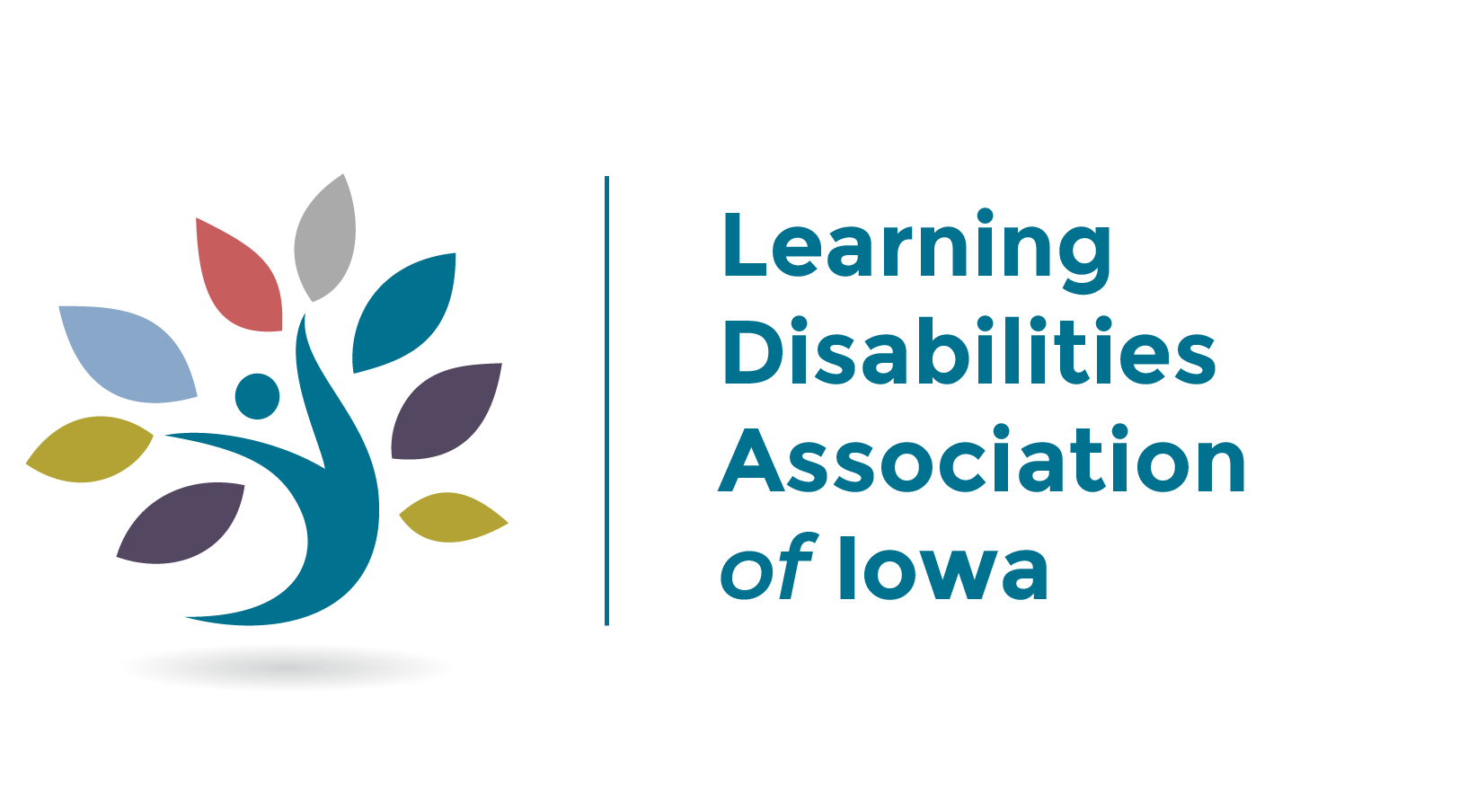Once a year your child’s IEP team will conduct an annual IEP meeting, where goals are reviewed, goals for the next year are developed, and much more. Parents have an important role in the annual meeting.
This checklist may help to prepare, as a parent, things to do before, during and after your child’s meeting:
BEFORE:
- Pull and Review Records-Prepare a IEP binder with all this information. (https://www.understood.org/en/articles/how-to-organize-your-childs-iep-binder)
- Invite Guests / Advocates- If you think you’ll need support, invite someone to join you. You might want to meet with them before the meeting to go over your concerns, get their take, and plan your approach. If your child is going to the IEP meeting, make sure to prepare your child, too.
- Prepare Your Concerns, Questions and Suggestions– You as a parent know your child best, so don’t hesitate to share your concerns that you may have for your child’s program. Share the strategies and routines that may have worked at home that the school may want to try. Jot those thoughts down so you can share them at the meeting.
- Tell the School About Your Guests- A parent is not required to give notification of guests, but as a courtesy it helps the school plan for chairs in a room, etc. If you or any of your guests need special arrangements, like videoconferencing or a translator, let the team leader know in advance.
- Relax and Reflect on your Child– Think about your child’s strengths, interests and preferences and what you want the team to know about your child; try to jot these things down and add them to the IEP binder.
DURING:
- Talk about your child– Share the notes that you jotted down prior to the meeting. Remember, you know your child best.
- Keep an open mind– Sometimes a member of the IEP team will bring up an issue or solution that you may not agree with. It is important to listen—just because you don’t see the same thing at home, doesn’t mean that it isn’t happening at school.
- Ask questions– Special education is full of terms that may not be parent-friendly. Don’t hesitate to stop and ask for clarification of terms or proposed changes to the IEP.
- Focus on the outcome– The team needs to understand your goals and vision for your child and that working together as a team can only benefit your child in the end.
- Speak up for your child’s rights and yours– Remember you and your child have rights that come along with the special education services. If you feel like your questions are not answered, speak up at the meeting and ask. If you are not comfortable, there is help out there for you. ASK Resource Center, the AEA Family Educator Partnership person for your area and, of course, LDA of Iowa are always there to support you and your child.
AFTER:
- If it’s not written down, it didn’t happen– Review the documentation that you receive after the meeting to ensure that everything that was discussed is written down. Your voice is equally as important as any other IEP team member.
- Prior Written Notice (PWN) is a powerful procedural safeguard for parents.– A summary of the meeting will be given to you within a reasonable amount of time. This document will provide an explanation of the proposals and refusals to your child’s program and what data was used to support the decision that was made.
- Follow up (in writing) within 24 to 48 hours after an IEP meeting– To help not only your understanding as a parent of the decisions that were made at the meeting, but to continue good communication and keeping the team on the same page, send a short email to all the team members your recollection of the important points that were covered at the meeting. This will allow all team members to clear up any misunderstandings before the IEP is implemented.
This article was based on information found on the websites listed below. These resources will help guide your journey for preparing and participating in your child’s IEP meetings:

